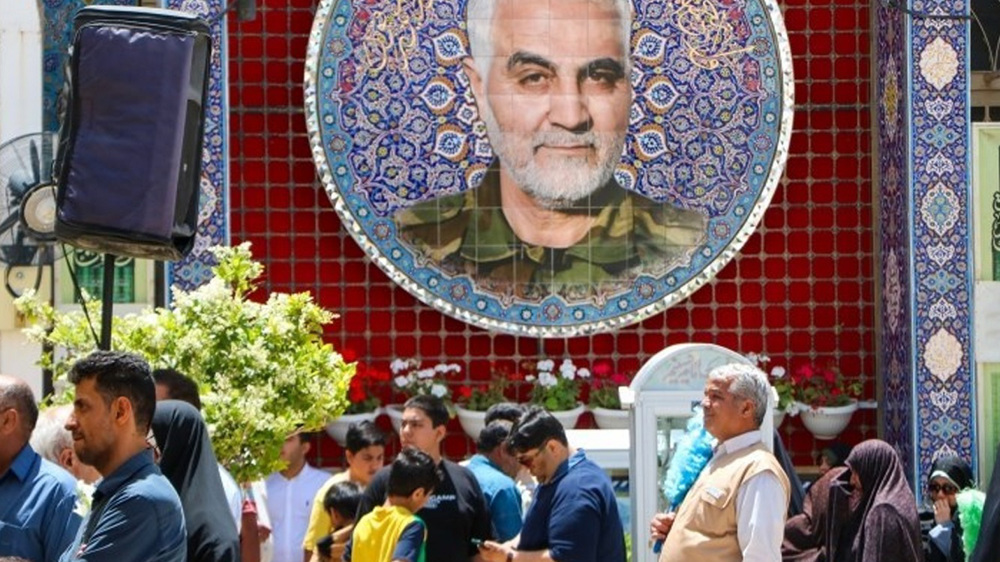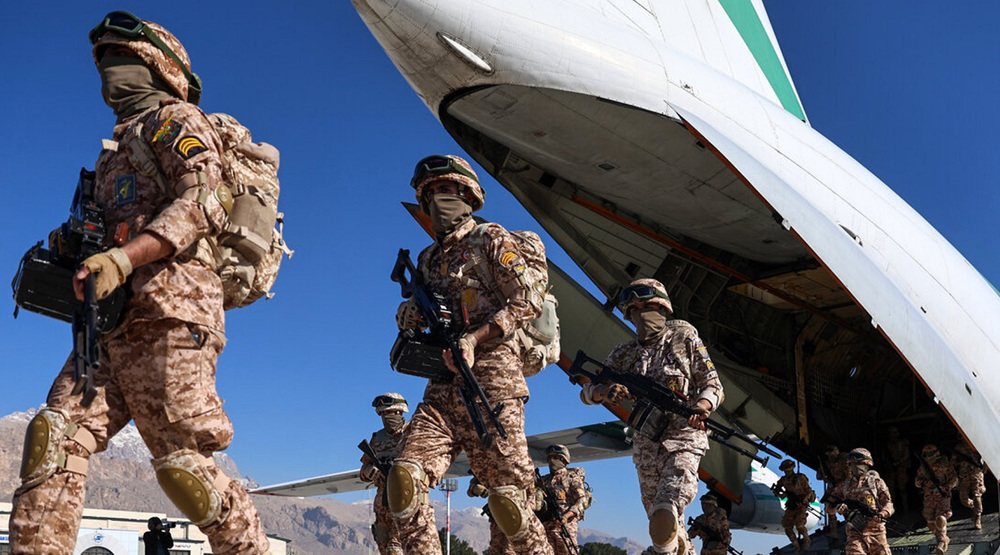US scrambling to grasp, cope with Iran-China deal
Ramin Mazaheri
Press TV, Chicago
The long-term pact between Iran and China appears to have caught the United States by surprise. The administration of Joe Biden has dragged its feet on returning to the JCPOA, and now it faces an entirely reconfigured Asian political landscape.
As United States President Joe Biden keeps failing to honor his campaign promise to quickly undo the damage wrought by his predecessor on relations with Iran, Washington is grappling with the reality that it’s now a very different geopolitical world.
The just-signed $400 billion, 25-year Iran-China pact - which China’s foreign minister called “permanent” - has been received with shock and awe across the Beltway. Washington’s longstanding effort to totally isolate and blockade Iran has formally failed, while China’s new ally provides a major energy obstacle to the Pentagon’s militaristic “pivot to Asia” policy.
The economic and security alliance worsens the leverage of the United States, but they have repeatedly undermined their own bargaining position.
In 2018 Washington illegally and unilaterally pulled out of the JCPOA pact on Iran’s nuclear energy program and then began reimposing crippling economic sanctions designed to force Iran to renegotiate the agreement.
Tehran insists compliance with the original pact is the only way forward, and reiterated that the deal is still on the table if Biden returns the US into compliance.
Iranian President Hassan Rouhani recently said that the “lack of knowledge” about Iran from American officials is ridiculous. Many analysts have been dumbfounded by the formal alliance - it’s what many Americans now call “woke”, as it’s between two nations of different colors, ethnicity, cultures and cosmologies.
Top American media is saying the next few weeks are “make or break” for the JCPOA, at least until September. The Biden administration is reportedly scrambling to present a new offer to Tehran as soon as next week.
VIDEO | Hundreds march in Milan to denounce Israeli 'genocide' in Gaza
Jan. 4: ‘Axis of Resistance’ operations against Israeli occupation
VIDEO | Martyr Soleimani’s legacy inspires pilgrims flocking to Kerman
VIDEO | Rome sit-in decries Palestinian Authority's betrayal of Palestinian cause
VIDEO | IRGC military drills underway in western Iran to boost combat readiness
VIDEO | Scientist-turned anti-hegemonic filmmaker
Yemen slams missile into northern part of occupied territories
VIDEO | An insider's view of the country: Naqsh-e-Jahan Square









 This makes it easy to access the Press TV website
This makes it easy to access the Press TV website